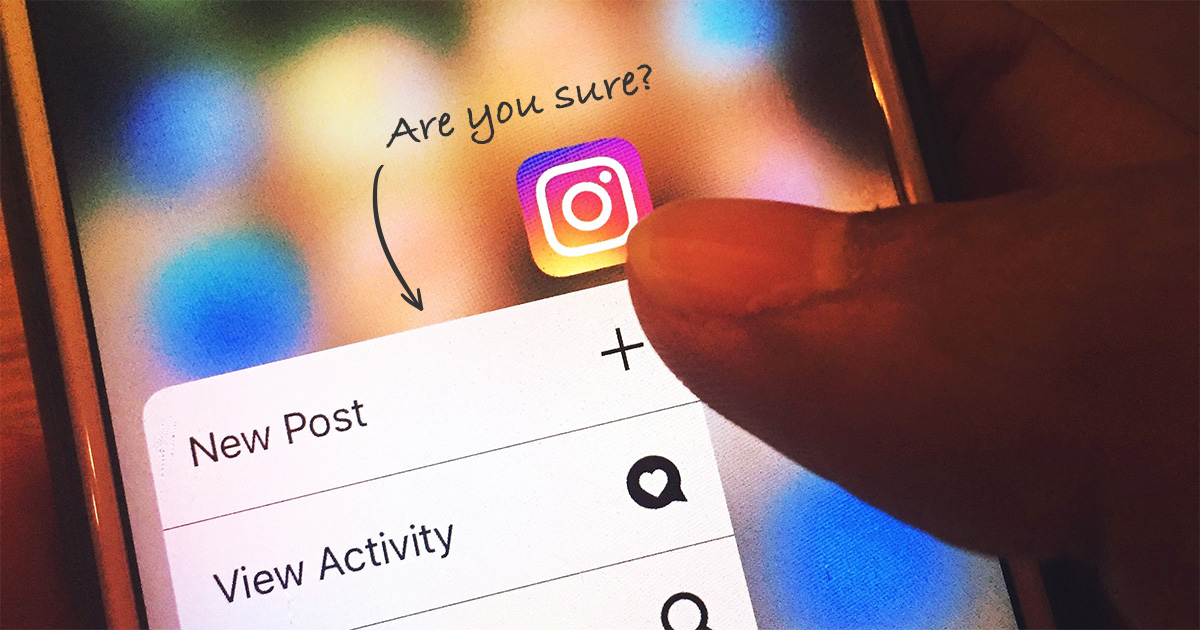When an executive director at United Way took to social media to voice her concerns about a community matter, it caught the attention of the public, and not in a good way. Her story highlights the importance of defining the relationship between nonprofit management and social media.
In this article, we’ll review what happened when the ED commented on a major donor’s Facebook post and the aftermath that followed. Then, we’ll explore ways you and your organization can prevent this kind of situation.
In Recent News: A Mess of Communication
In November of 2018, (former) Executive Director of the Grand Forks United Way, Pat Berger, responded to the news that WDAZ-TV was merging with WDAY-TV in Fargo. According to news sources, her comment attacked the company for failing to support the community by reallocating resources to a bigger town. She had ignited a fire, one that would not be put out easily.
First, local reporter Korrie Wenzel published a pointed rebuttal in his column at The Grand Forks Herald. While Berger’s was not the only complaint lodged in the comments, Wenzel calls her out by name, recognizing her position with the United Way. He says,
“Oh, for heaven’s sake. The contributions of this company to the Grand Forks United Way—literally thousands upon thousands of dollars each year in cash and nearly the same again in free advertising—have been great, portraying in just one way how much this company cares about Grand Forks and the northern valley.”
The comments made on Facebook clearly made a heavy impact and they were attributed to The United Way leadership, not Pat Berger as a private individual. In response, the United Way published an apology letter in the Grand Forks Herald and later fired Berger. What happened in between would have remained a mystery if it weren’t for the use of government emails by board members at the United Way:
“The United Way is not a public entity and therefore its emails are not necessarily open to public view. However, several board members maintain government email accounts, which are considered open to public view, and the Herald requested emails sent and received by those government accounts.”
– Grand Forks Herald
The emails revealed discussions surrounding the decision to fire Berger, beginning with the concern that her comments on Facebook gained some negative press attention for the organization. They go on to theorize that recent fundraising troubles sprang from the fact that the organization is not “led well.” After this point, Berger was let go.
In her own response to the situation, Berger says,
“The Herald thus suggested that my termination had been due to the drop in contributions to United Way and a lack of leadership on my part. Nothing in my personnel file at United Way ever said such a thing. Because this suggestion in the Herald story is seriously untrue, I need to set the record straight.”
Regardless of how the Director’s leadership affected fundraising, leaking a private personnel matter through the use of government emails opens up an entirely new can of worms. Whether or not the emails validate Berger’s claim that her termination was retaliation for her Facebook comments, they still open the organization up for a lawsuit (NonProfit Quarterly).
Learning From the Mistakes of the Executive Director
This story has a lot to take in and if you’re anything like me you might even need to re-read it to get all the details. It’s a drama that none of us want in our own lives, let alone when it risks the support of our organizations. But we can learn from the mistakes made by both Berger and The United Way. First, let’s take a look at the role of social media in nonprofit management.
No matter where you work, your social media interactions have the ability to affect your job stability. Nonprofit management is one career that is especially prone to experiencing upsets resulting from online interactions.
In recent years, the power of social media has expanded even further. The office is no longer the only space in which your behavior is judged and LinkedIn is no longer the only professional network. Everything you do online is recorded, documented, and distributed. Depending on your job role, your public-facing persona (even on Facebook) might actually matter a great deal. So, when posting things online, it’s important to remember what rules and norms dictate your position.
Think Before You Comment.
Nothing you say online can ever be deleted, not really anyway. Even if it could be, what you say there will still have an impact. Berger’s comments were deleted, but the damage was done. The organization went under attack and her leadership skills were immediately questioned. If she had said nothing at all, everyone would have been much better off.
There have been many other instances lately where social media comments have nearly, literally, caused World War III. Due to the lasting impact of things said on social media, the Presidential Record even now includes social media posts. But, politicians are not the only ones who need to be careful with their online engagements.
Hold Yourself to a Higher Standard.
Those who hold positions with public eyes need to be careful of what they say, even if they aren’t technically holding a public office, like President. The United Way provides a service to the public. That’s why those who work for the organization are considered public leaders, especially in a community as small as Grand Forks.
While your organization is most likely not as large as The United Way, you are a community leader and need to keep in mind the weight your words carry in public. Berger’s comments were immediately interpreted as stated by someone representing the United Way because she had served in the area for almost 25 years. Just as her comments were attributed to her organization, yours will be attributed to your organization. It’s important as a leader within a nonprofit organization to recognize your role as a public-facing figure. Your appearance and behavior in your community reflect your nonprofit.
Even if public comments like these go unnoticed by the general public, someone in a nonprofit management position could still get fired for them. If an organization fails to let an ED go after they’ve insulted a major donor, chances are the donor will withdraw their support. This could result in a huge loss in annual revenue and further declining support from the local community.
Prevent This Faux Pas
In order to ensure your organization never runs into something like this, you can take a few cautionary steps. First, make sure that each person in the organization has their own email account under your domain. This way, no public email accounts are accessible.
Nothing about the internal discussions and actions regarding the United Way incident should have been made public. Yet a simple mistake publicized the details of a personnel issue. Use the proper email address for the organization you’re discussing.
Then, the best thing to do is to create specific communications rules. Make sure you also document and have everyone on the board or serving in the nonprofit leadership sign them. Your rules should include:
- Use only the organization’s email accounts for any interactions concerning your nonprofit.
- Social media interactions are representative of behavior associated with the organization and may result in disciplinary or legal action.
You might consider adding more to the list, but those two alone could have prevented the situation with the United Way. Pat Berger may have never said anything to the local news station about their merger and she would have never had a case for a lawsuit. Instead, all doors were left open.
Think Before You Write
Beginning with a comment that never should have been posted, this conflict could end with a lawsuit against a local United Way board. It’s a scenario everyone wants to avoid. Think before you comment or hit send.
Have you heard of similar instances? What do you think of the role of social media in the lives of nonprofit leaders? Let us know your thoughts in the comments.


